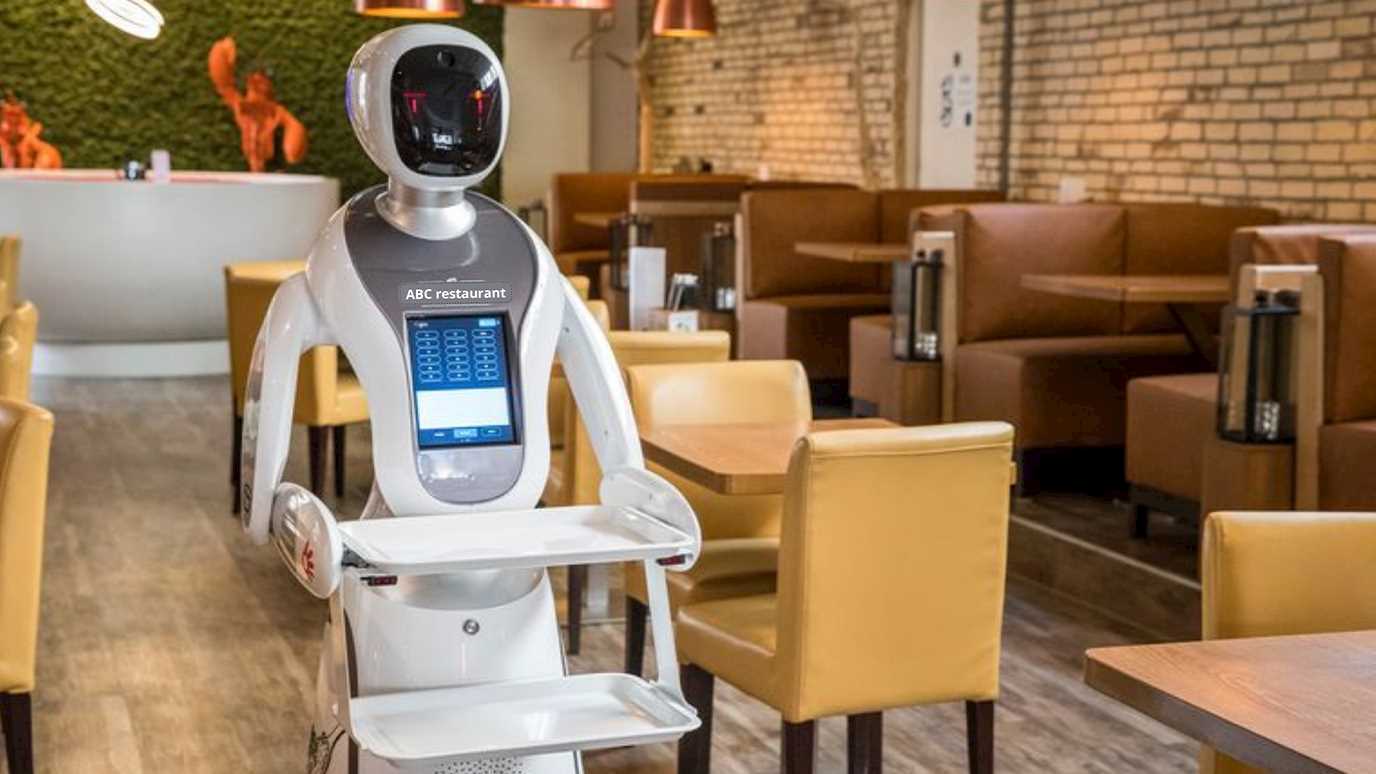Research led by an academic from Royal Holloway, University of London reveals insights into the interactions between solo customers – including solo diners and solo travellers - and service robots in the UK hospitality sector.
A new study has found that UK hotels and restaurants using humanlike service robots can make solo guests feel more comfortable in engaging with these robots by providing comfortable ambient conditions – including lighting, scents and sounds – and adding local cues like British flag designs on the robot’s body.
Service robots in the UK hospitality sector are often anthropomorphised and are designed to perform tasks typically handled by human staff. They include food delivery robots in restaurants, as well as concierge robots designed for greeting guests in hotels. They have become increasingly common across UK hospitality businesses in the post-pandemic era, with companies such as Bella Italia and Las Iguanas trialling service robots since the pandemic.
The research was led by Dr The Khoa Do (Bin), from the School of Business and Management at Royal Holloway, University of London. It was carried out in collaboration with Professor Kimmy Wa Chan from Hong Kong Baptist University.
The research consisted of one field study and three lab experiments which examined solo customers who interacted with humanlike service robots in a real restaurant, as well as those who engaged with service robots in hotel and airport check-in scenarios.
The researchers revealed that solo customers, such as solo diners or solo travellers, perceived human-like robots as providing a stronger personal connectedness compared to joint customers who operate in groups. However, the researchers found that these solo customers also found the robots “creepier” than customers in groups.
These perceptions of the service robots significantly influenced their overall satisfaction and, in some cases, made the solo customers less willing to spend more money in the business, or share word-of-mouth on social media.
For solo customers, who are an emerging and growing segment in settings like hotels and restaurants, the presence of human-like robots can be a double-edged sword. While these robots can foster a sense of social connectedness, they can also create discomfort.
The research suggests that hospitality businesses should adjust factors like the robot’s appearance and the level of automation during service interactions. It also suggests that UK hotels should tailor ambient cues (such as lighting, scents, and music), and add local cues - such as a British flag on the robot’s body – as empirical evidence in this research indicated that these factors help improve the comfort of those solo customers engaging with AI service robots.
Dr The Khoa Do (Bin), from the School of Business & Management at Royal Holloway, said: “Our research highlights how humanlike robots can both enhance and challenge the experience of solo customers, a growing segment in the UK hospitality sector.
“By understanding how to reduce the “creepiness” factor while fostering a sense of social connectedness, we aim to help UK hospitality businesses, including local hotels and restaurants that are currently implementing service robots, create more welcoming environments for solo guests.
“Moving forward in this area, our research will continue to explore additional ways to enhance the solo consumption experience in the UK hospitality sector, such as leveraging minority frontline employees (including ethnic minorities, LGBTQ+ individuals, and immigrants) at local hotels and restaurants to improve comfort and satisfaction for solo guests.”


























